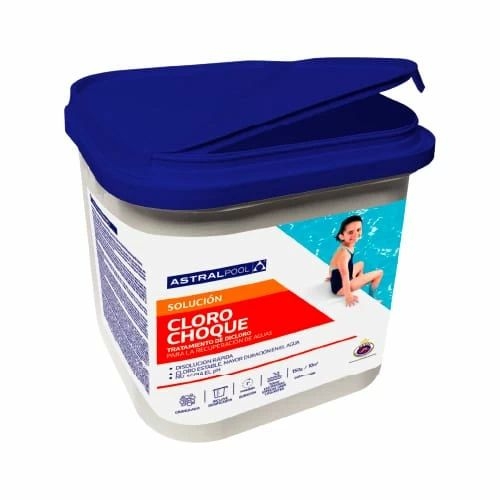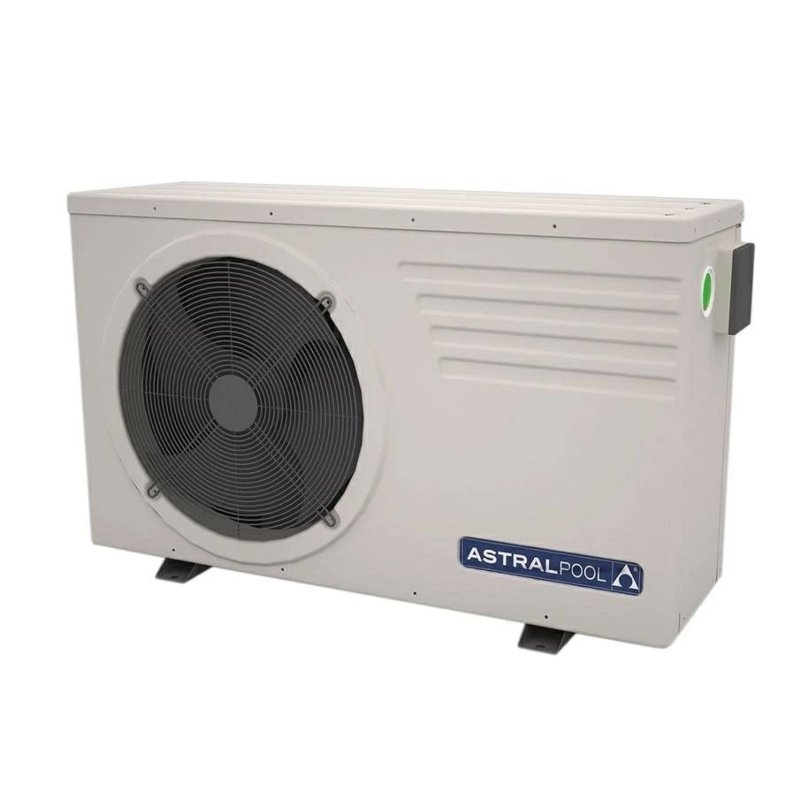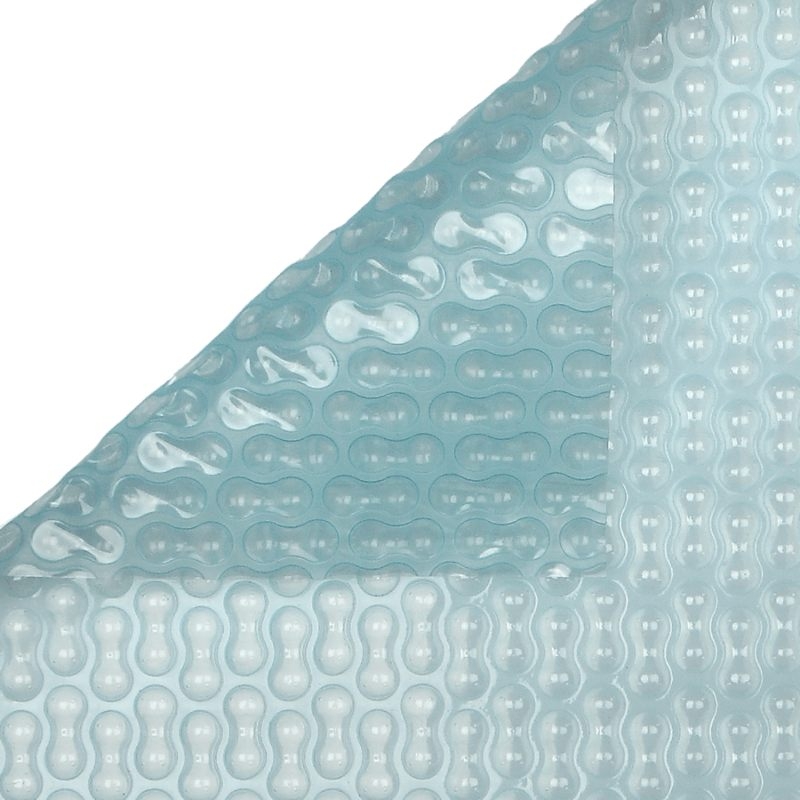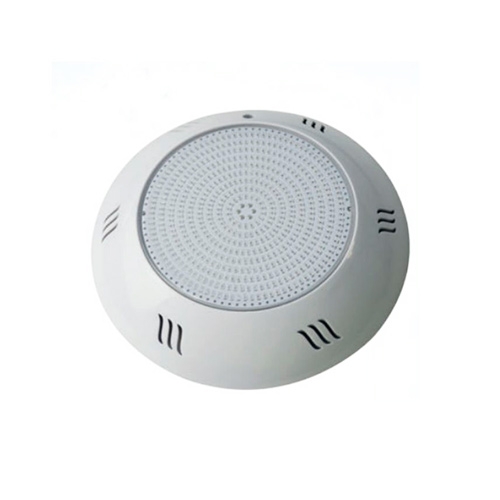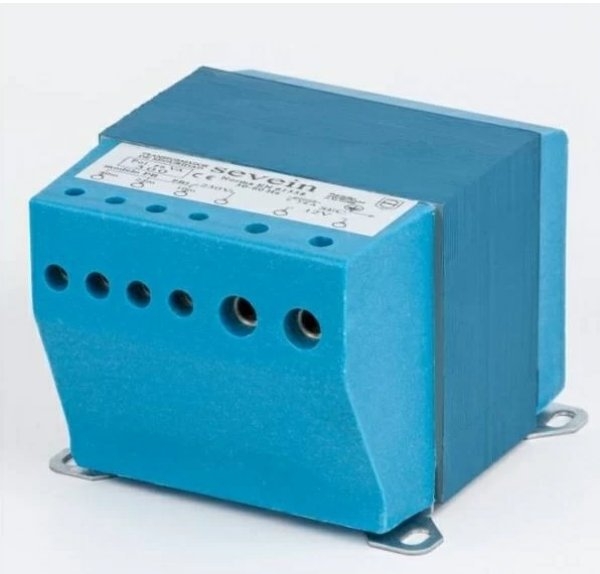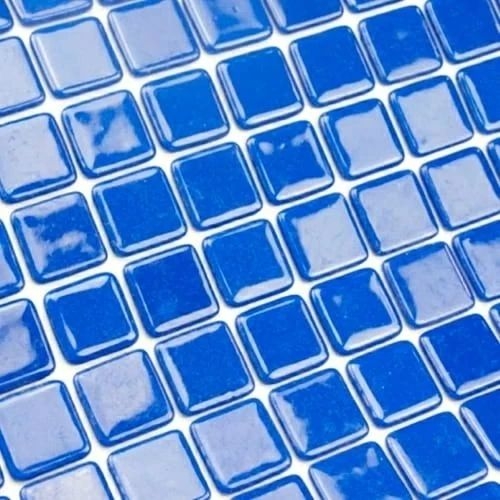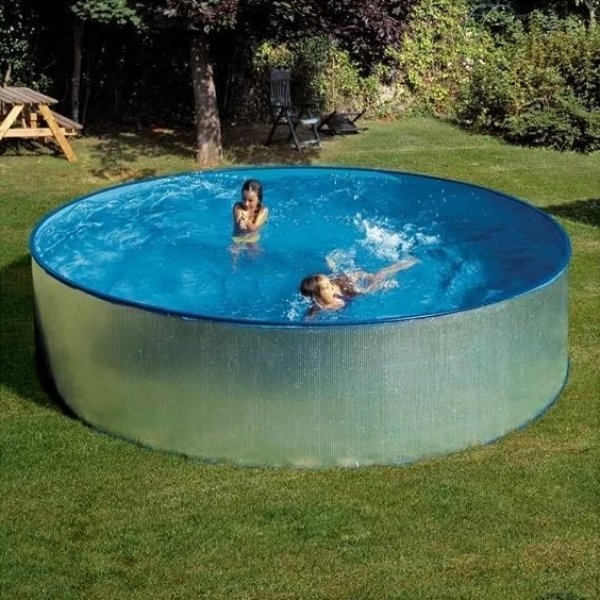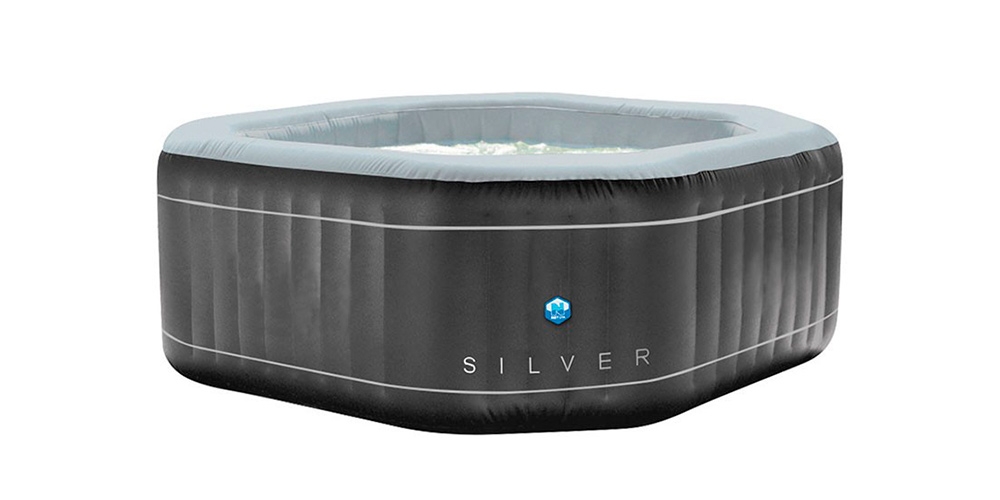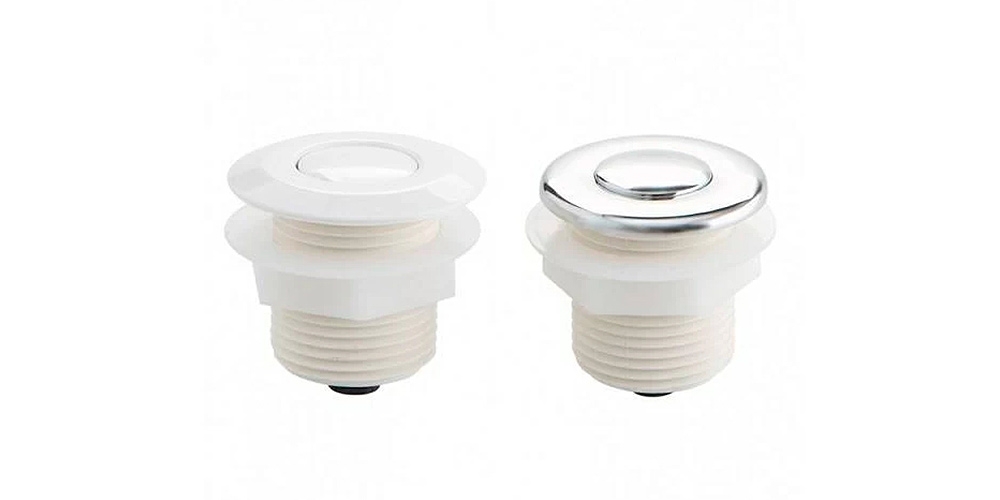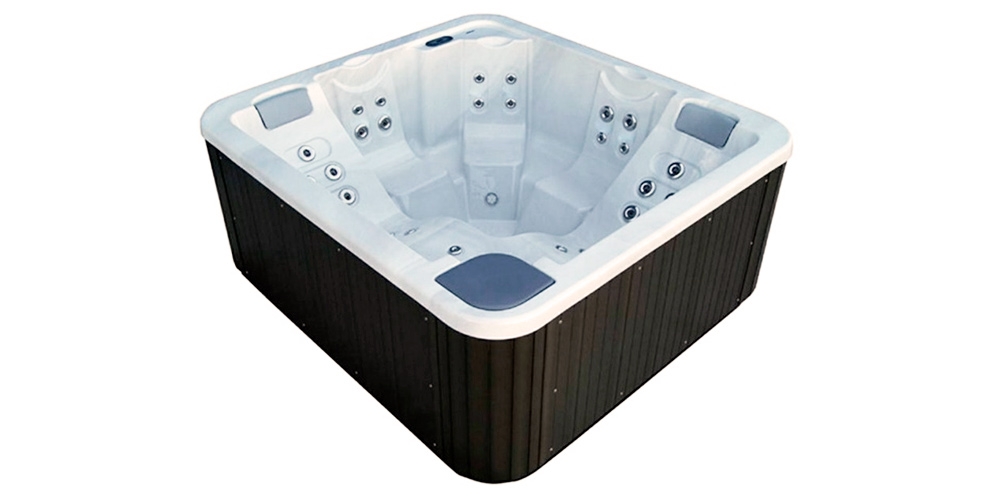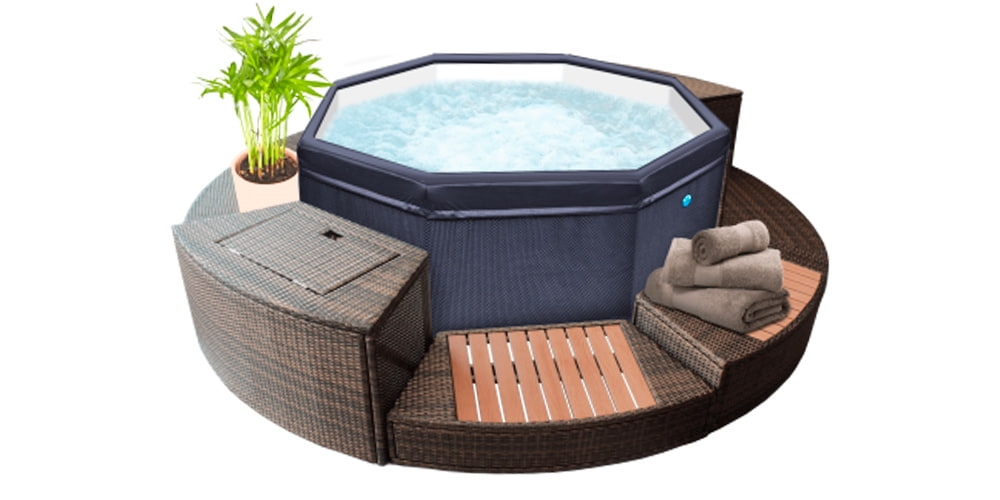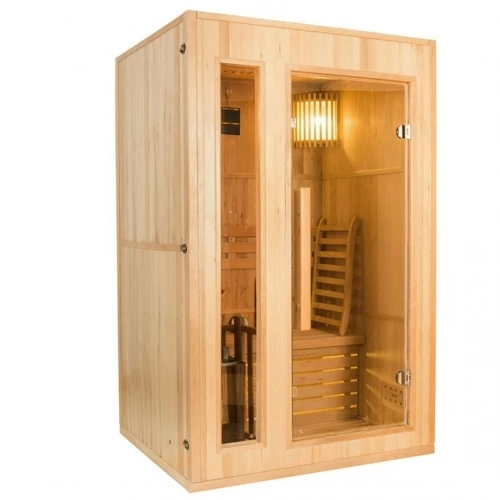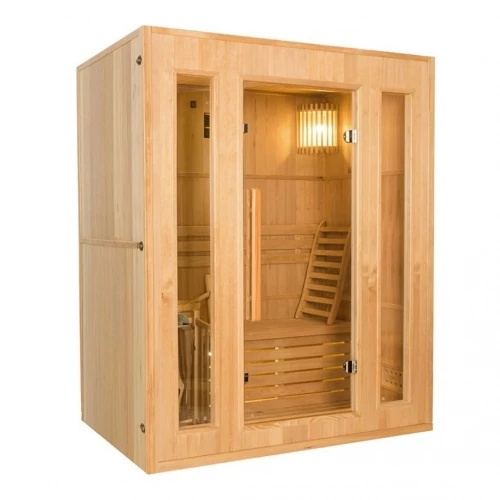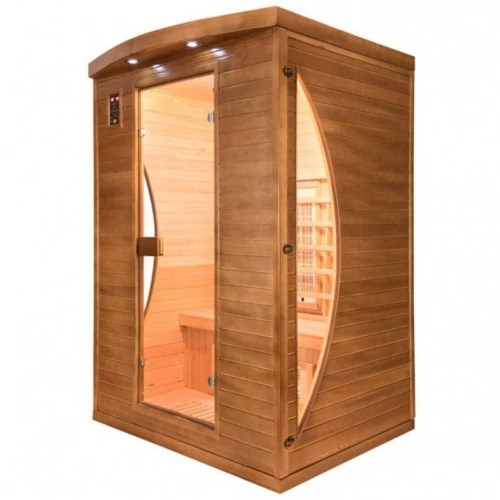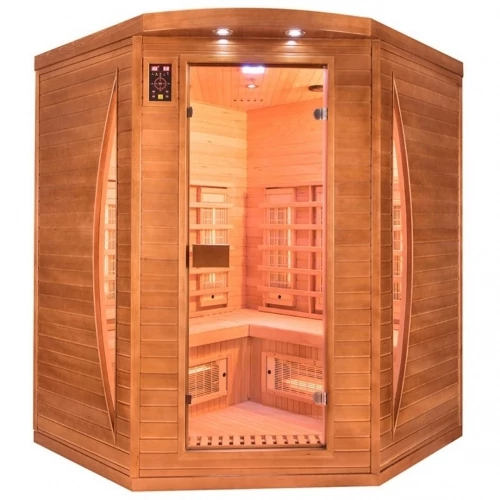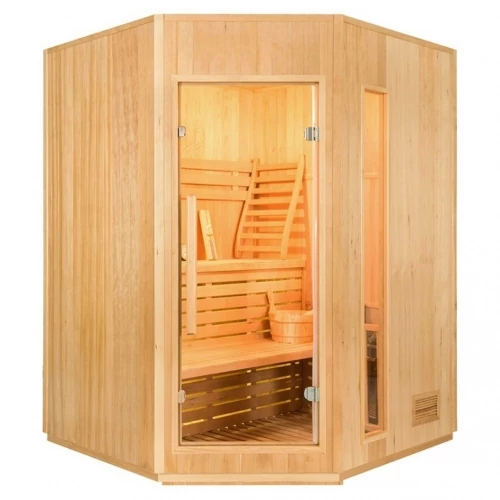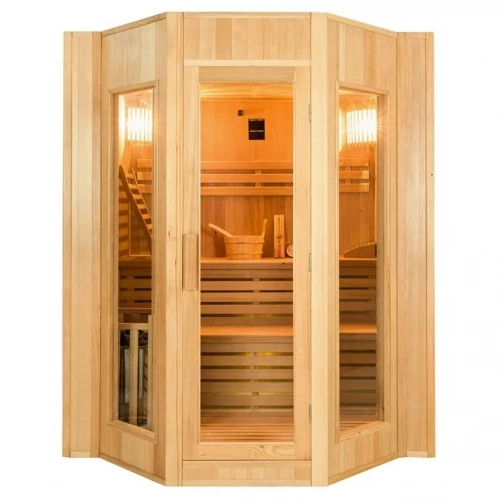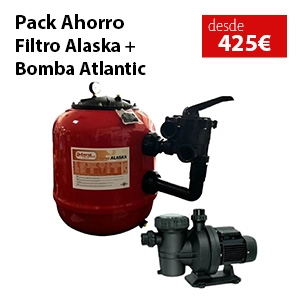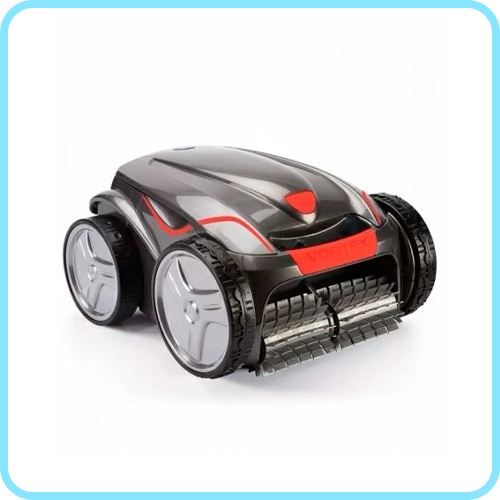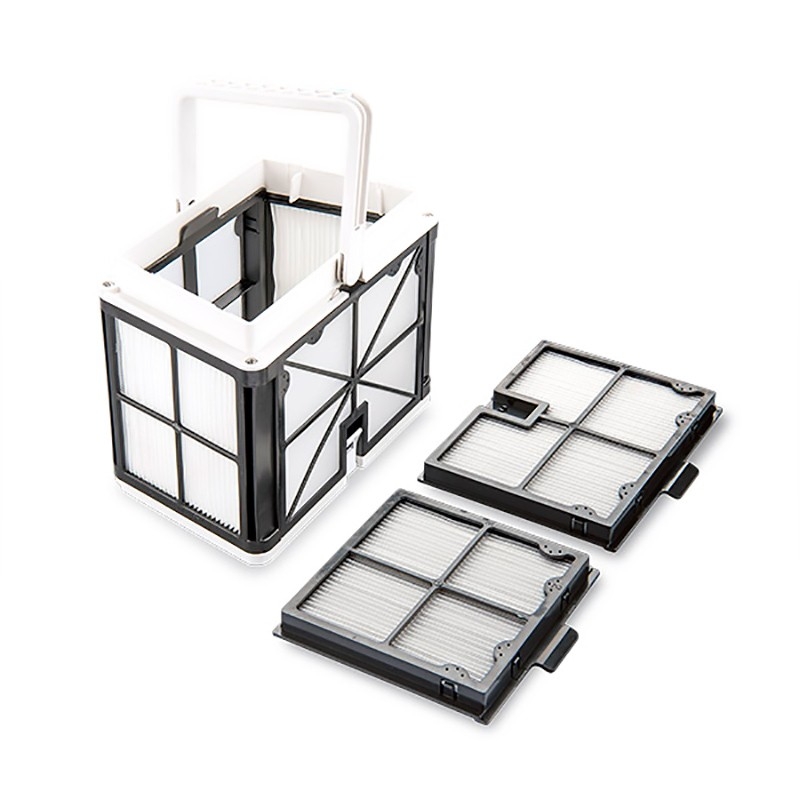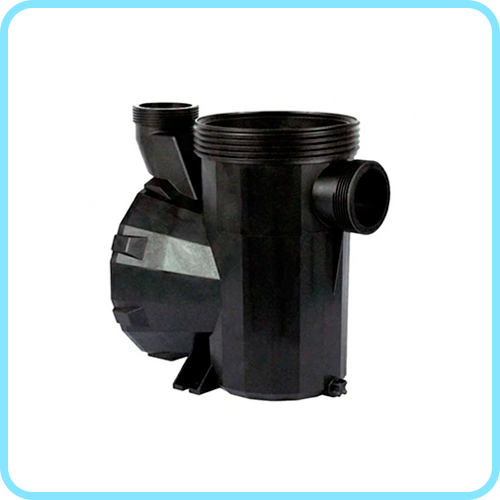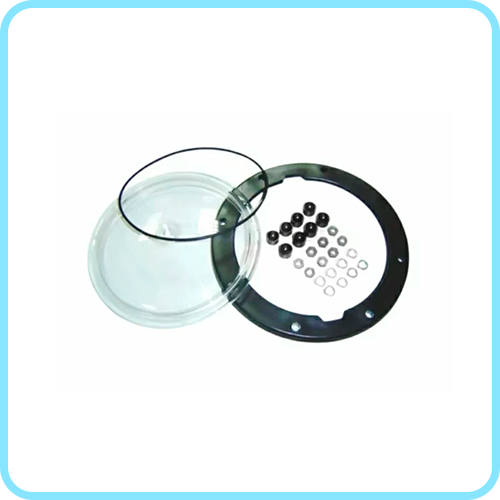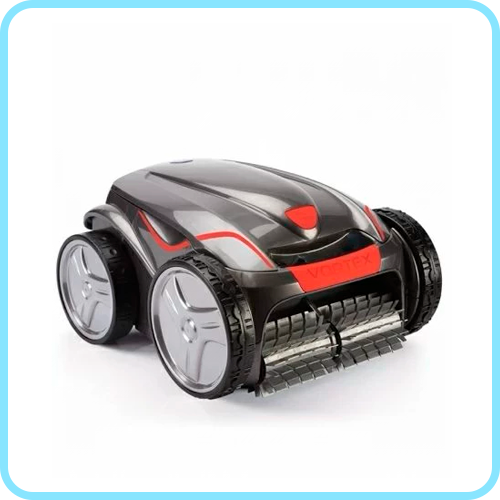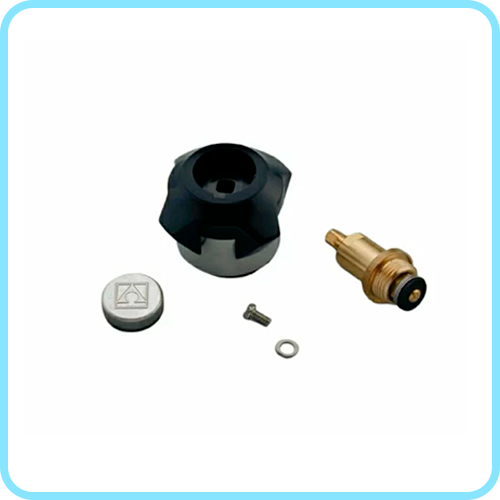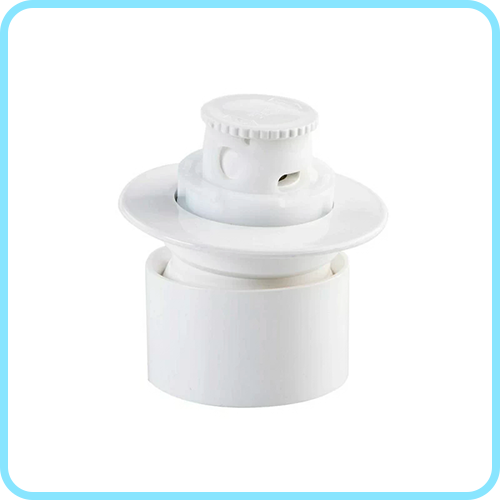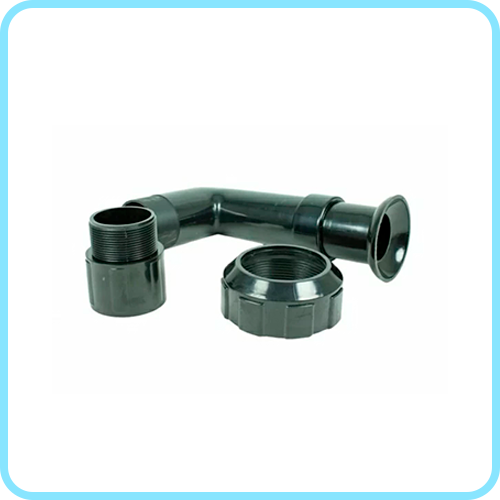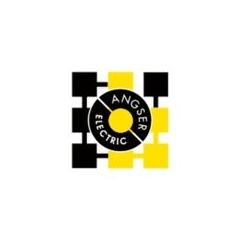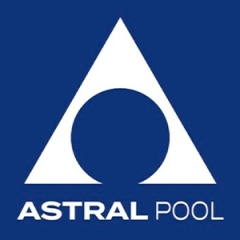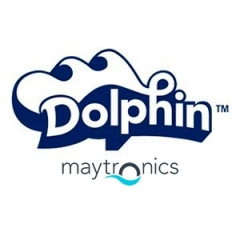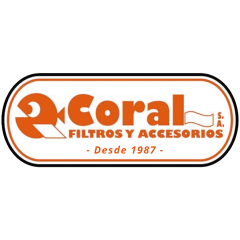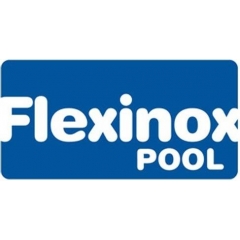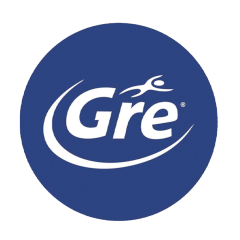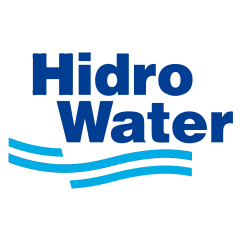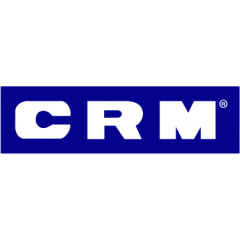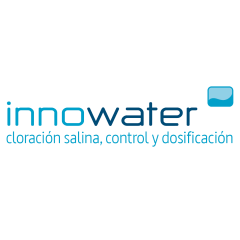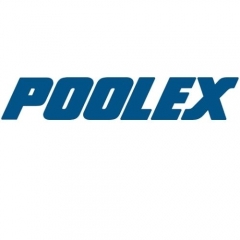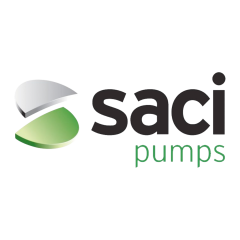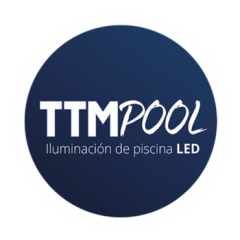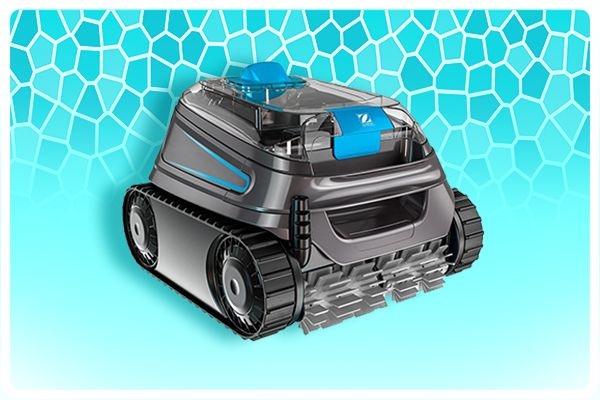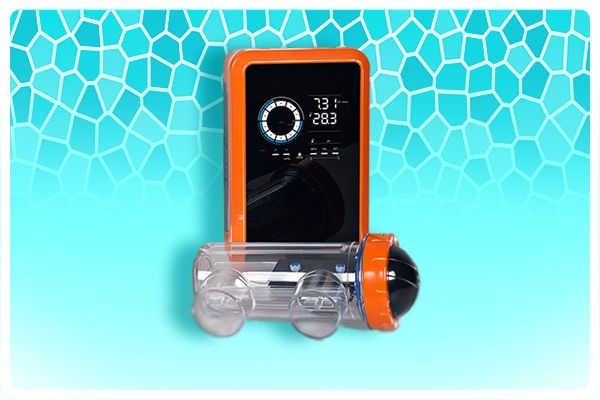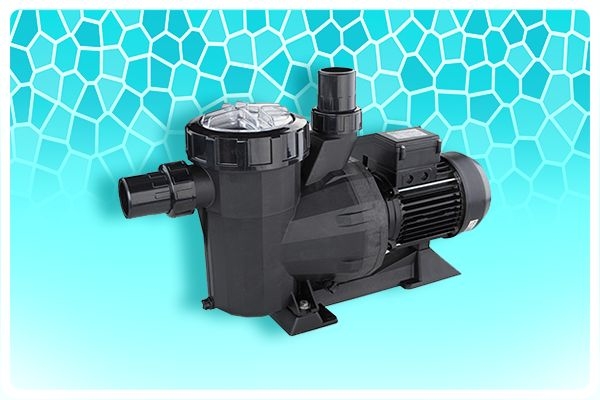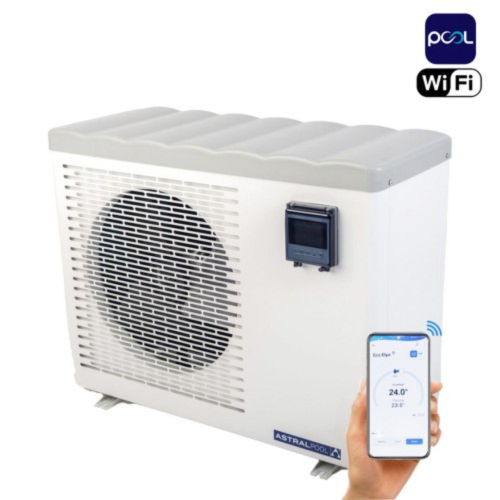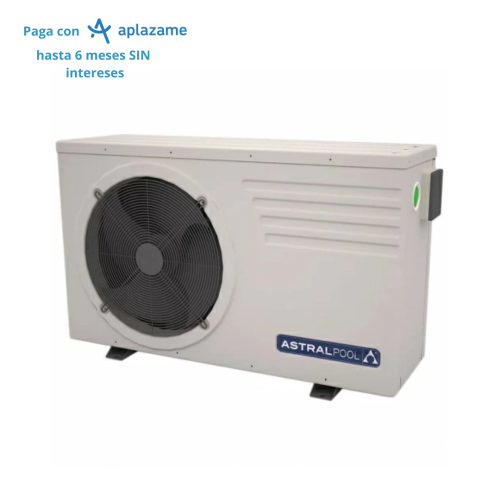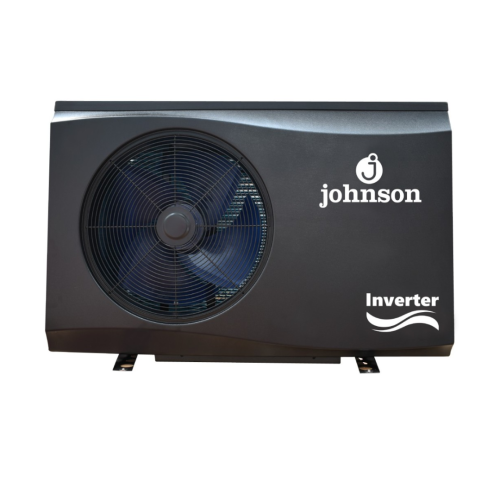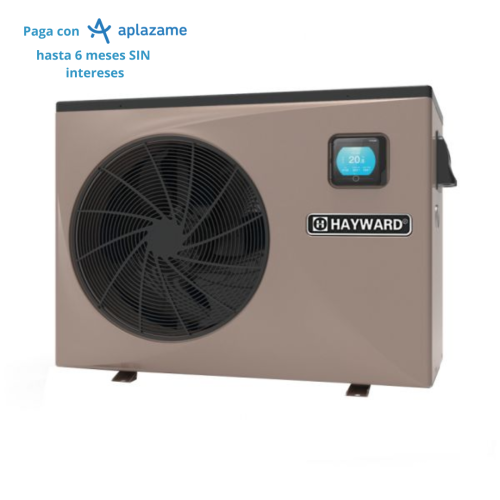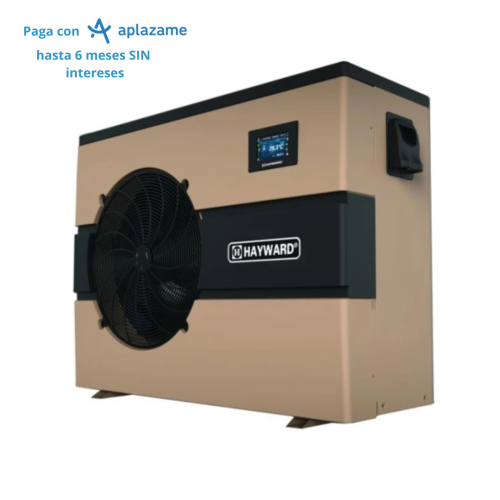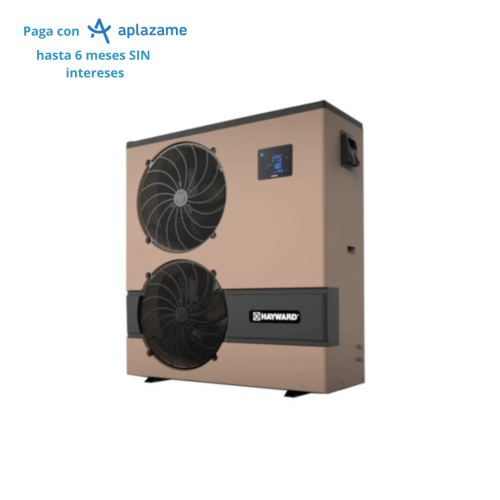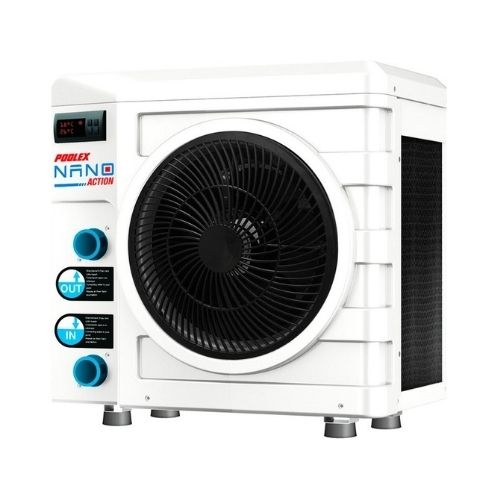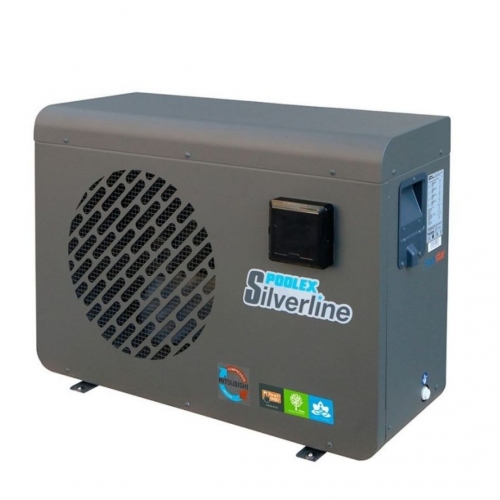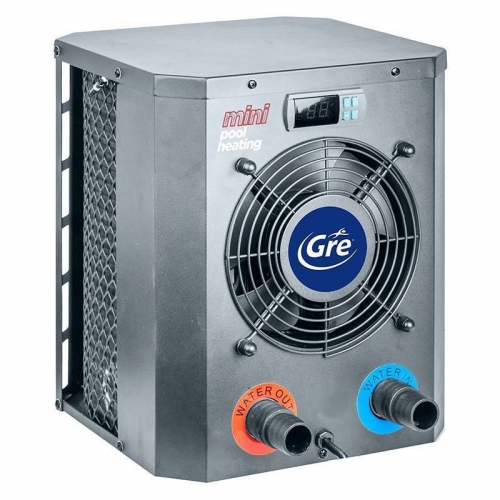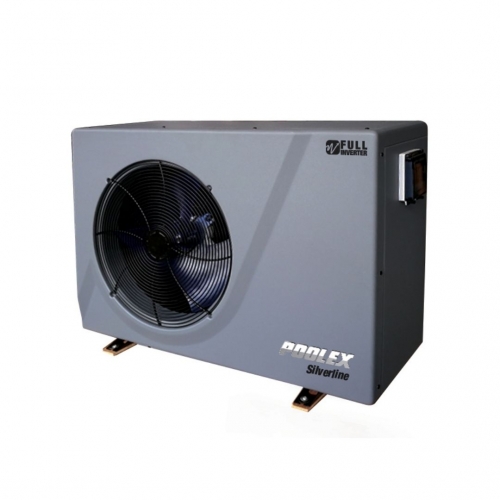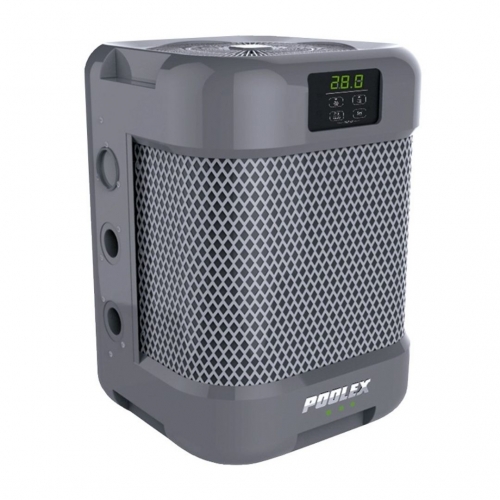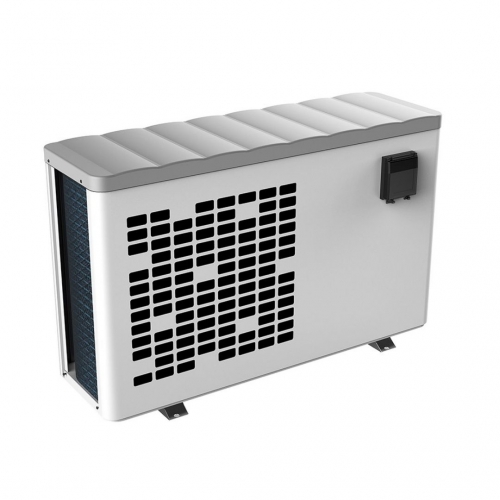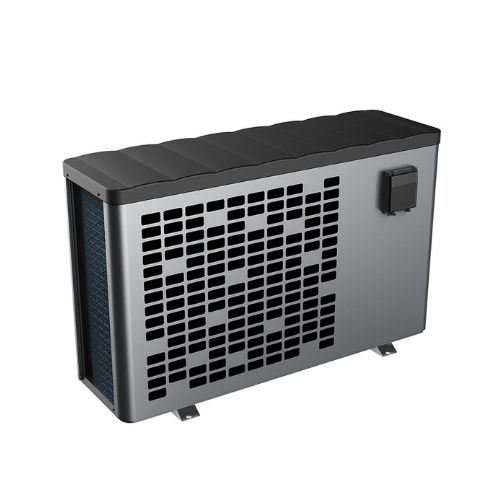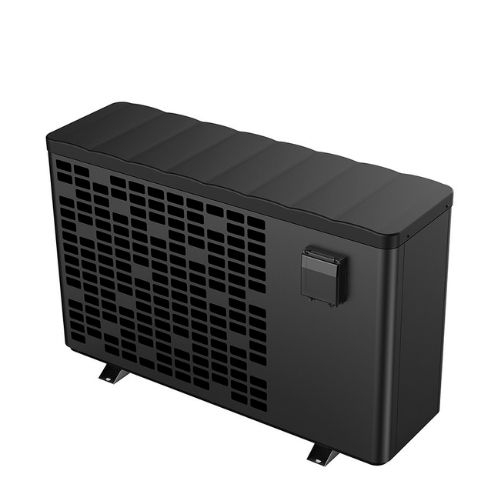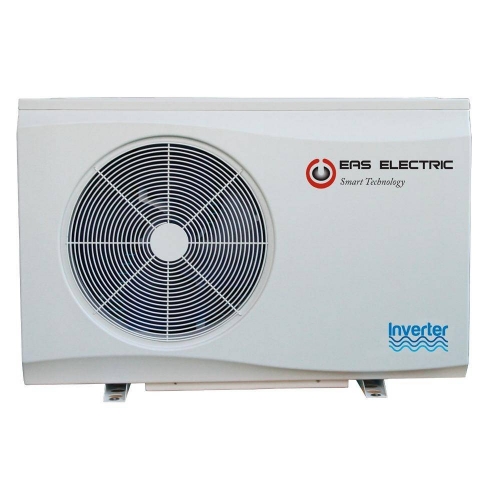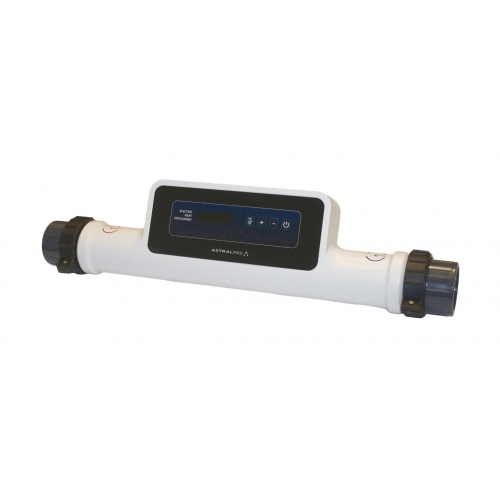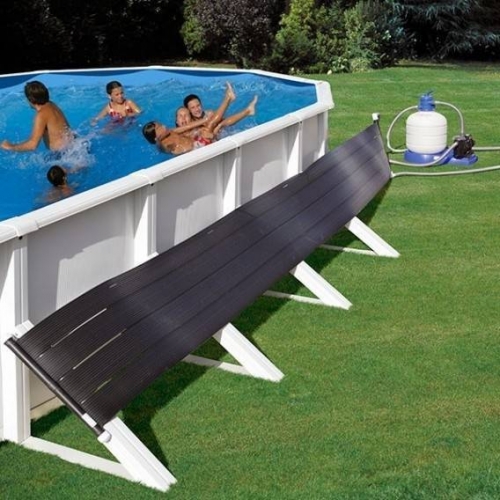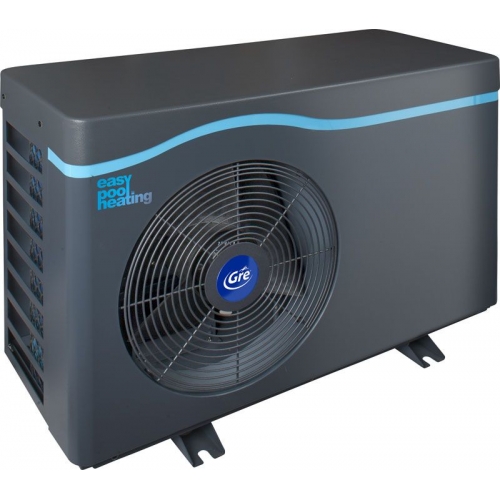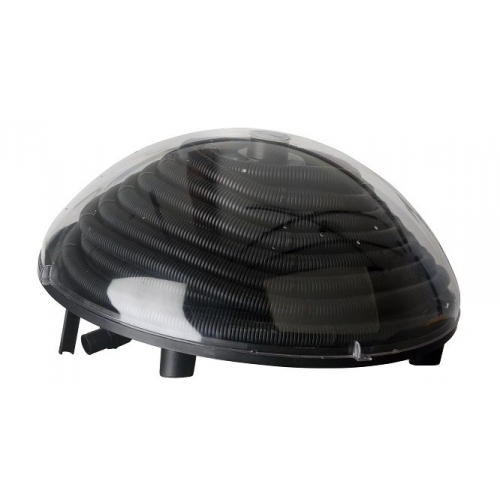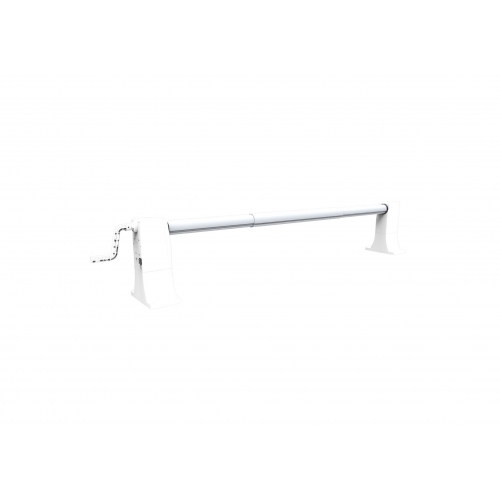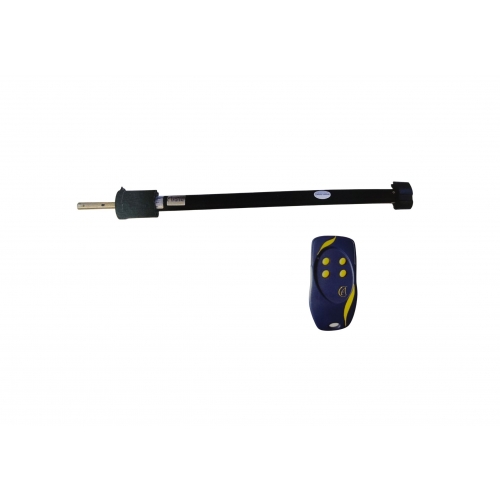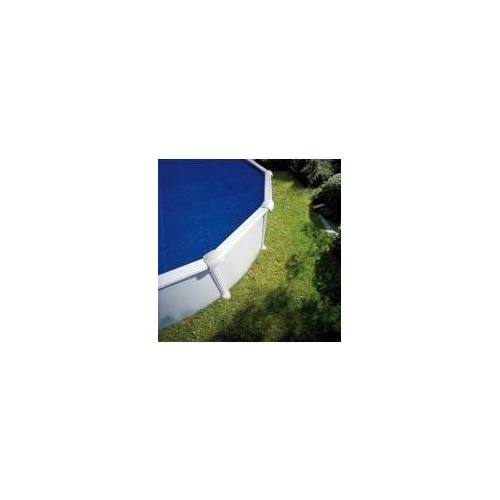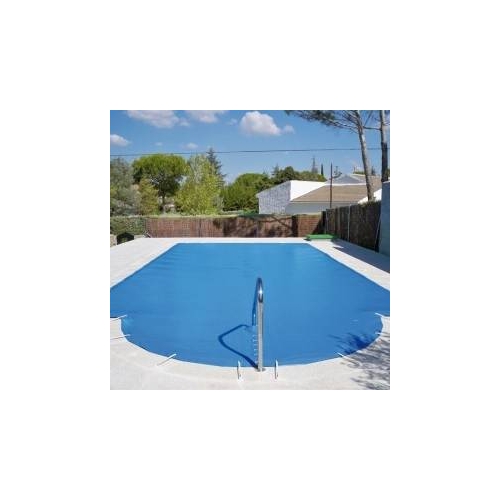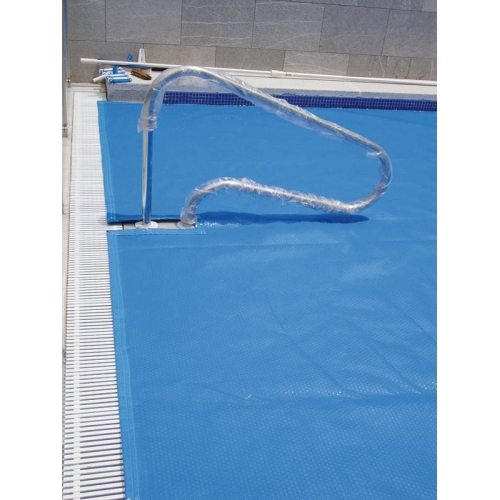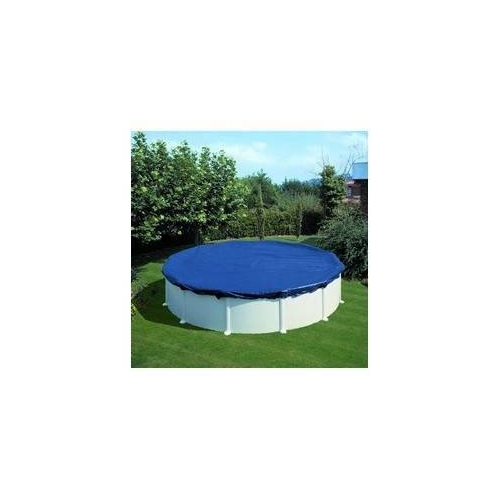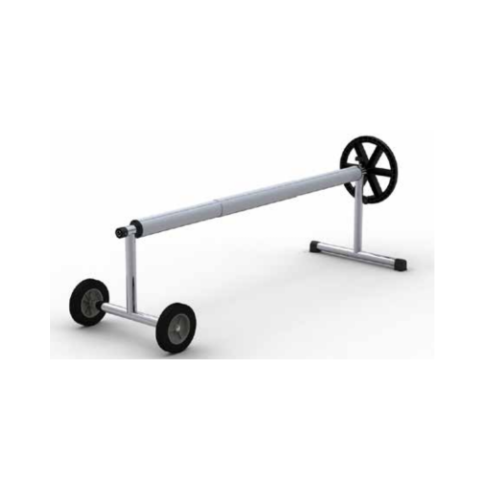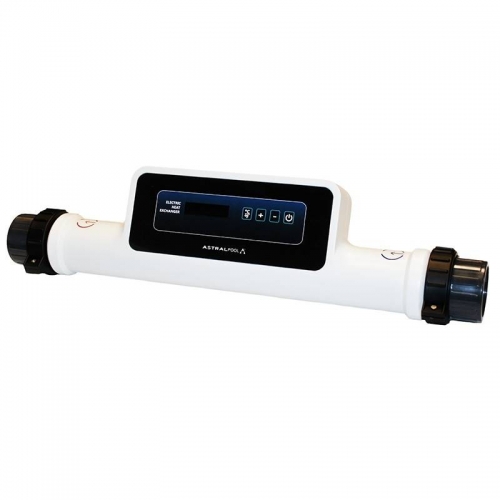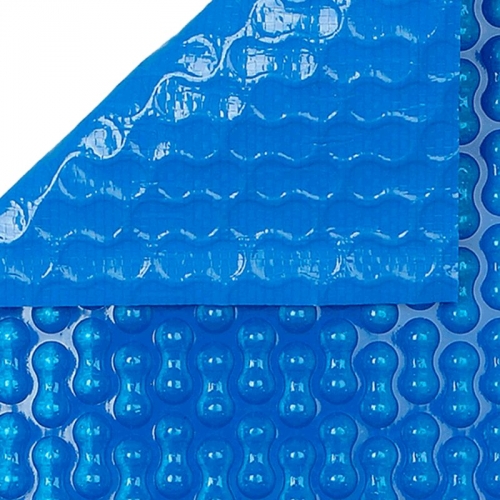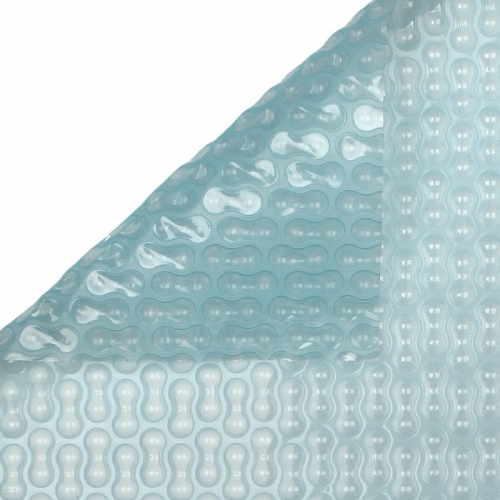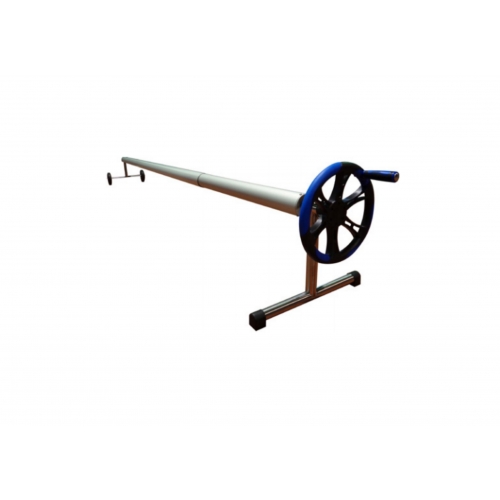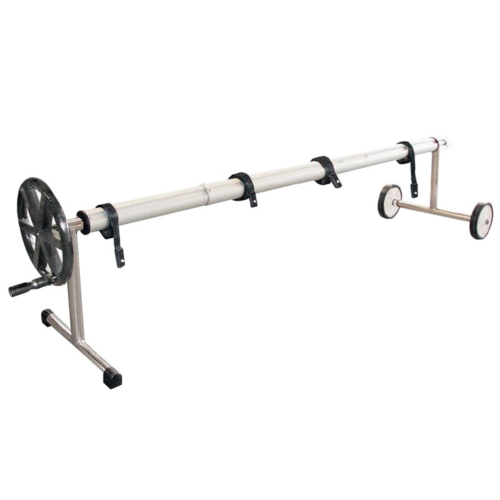Heating & Dehumidification
Swimming pool heating: extend your bathing season
Among the PoolPlus Group offer you will find everything you need to heat your pool. From the hand of the best brands like Gre and Hayward, we put at your service heat pumps, electric and solar heaters and humidifiers to ensure that the water is always at an optimum temperature for your enjoyment all year round or at least to extend that summer that you never want to end.
Visit our online store of products for swimming pools and buy now at the best price everything you need for maintenance such as automatic bottom cleaners. If you have any questions, contact us.
Air conditioning for swimming pools: heat pumps
Heat pumps are the most efficient way to heat the water in your pool. It is a product that keeps the water at the temperature you want with great energy efficiency. And although it may seem like a great financial investment, in the long run you will notice the advantages of having a heat pump.
How long do pool heat pumps take to heat the water
A heat pump can take between 10 hours and more than a day to heat the water, depending on the volume of the pool.
What is a heat pump?
A heat pump is a device that uses air energy to heat pool water. It is an efficient and economical alternative to solar or electric heating.
How does a heat pump work?
A heat pump works by extracting heat from the air and transferring it to the pool water. The process is carried out in four stages:
The compressor compresses the refrigerant, which causes its temperature to increase.
The hot refrigerant is transported to the condenser, where it gives up its heat to the outside air.
The cold refrigerant is transported to the evaporator, where it absorbs heat from the pool water.
The hot refrigerant is transported back to the compressor to begin the cycle again.
What types of heat pumps are there?
There are two main types of pool heat pumps:
Air-water heat pumps
This type of heat pump uses outside air to heat the pool water. They are the most common and the most efficient.
Air-air heat pump
This type of heat pump uses outside air to heat the pool air, which then heats the water through a heat exchanger. They are less efficient than air-to-water heat pumps, but are more suitable for small pools or pools that are located in areas with cold winters.
How to choose a pool heat pump?
When choosing a pool heat pump, several factors must be taken into account, such as:
- The size of the pool: The heat pump must be powerful enough to heat the pool water to the desired temperature.
- The location of the pool: Air-to-water heat pumps work best in hot climates, while air-to-air heat pumps work best in cold climates.
- The budget: Heat pumps can vary greatly in price, so it is important to establish a budget before starting to buy.
How to maintain a pool heat pump?
To keep a pool heat pump in good condition, it is important to perform regular maintenance. Maintenance includes:
- Clean the filters: The filters must be cleaned or replaced according to the manufacturer's instructions.
- Inspect components: Heat pump components should be inspected regularly for signs of wear or damage.
- Perform annual maintenance: A professional must perform annual maintenance on the heat pump to ensure its correct operation.
Advantages of heat pumps for swimming pools
Heat pumps for swimming pools offer a series of advantages, including:
- They are efficient: Heat pumps use less energy than other heating methods, which can save money on bills.
- They are environmentally friendly: Heat pumps do not produce polluting emissions, which makes them an ecological option.
- They are easy to use: Heat pumps are relatively easy to use and maintain.
Types of pool covers at Grupo Poolplus
Do you want to always keep your pool ready? Don't forget to stop by our spare parts for pool section.



